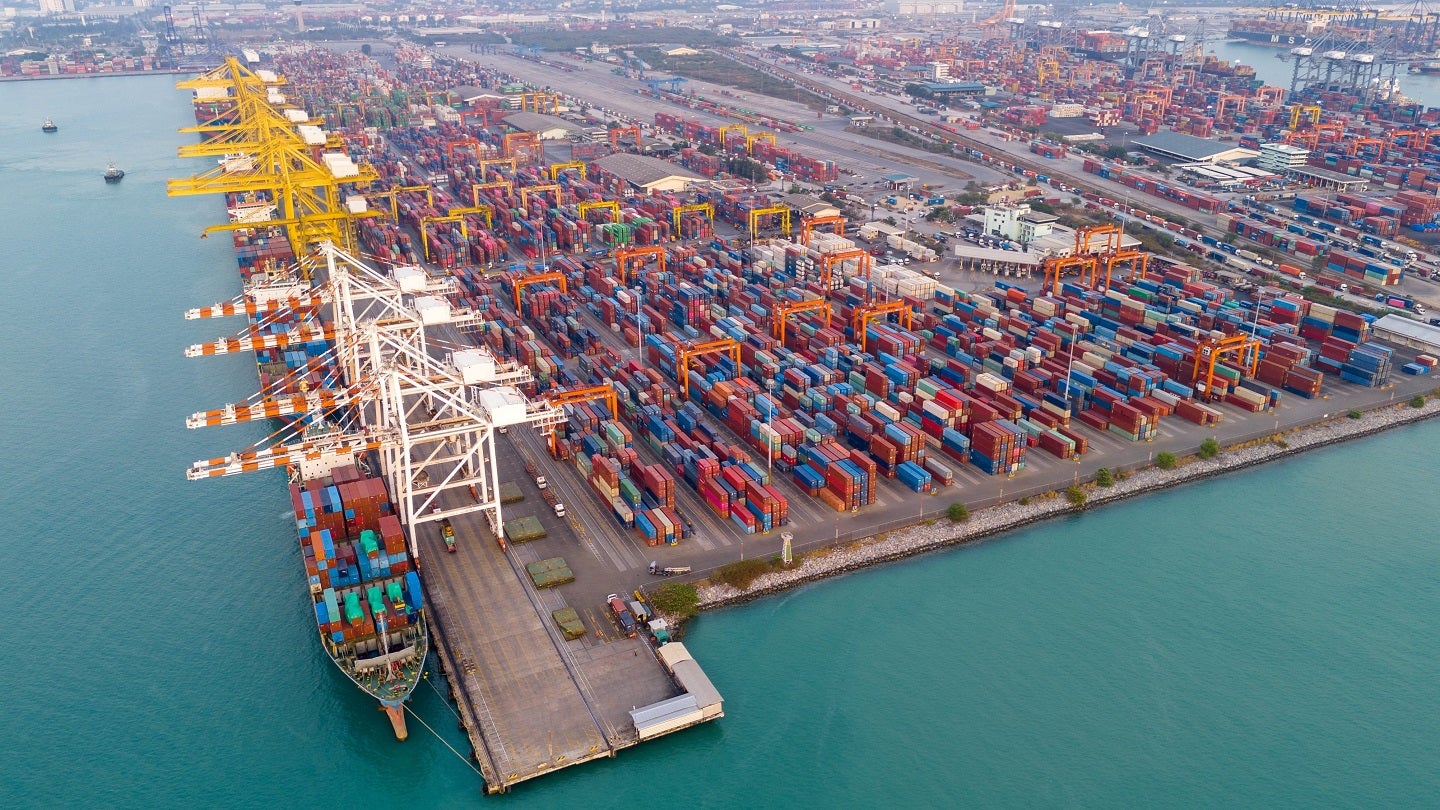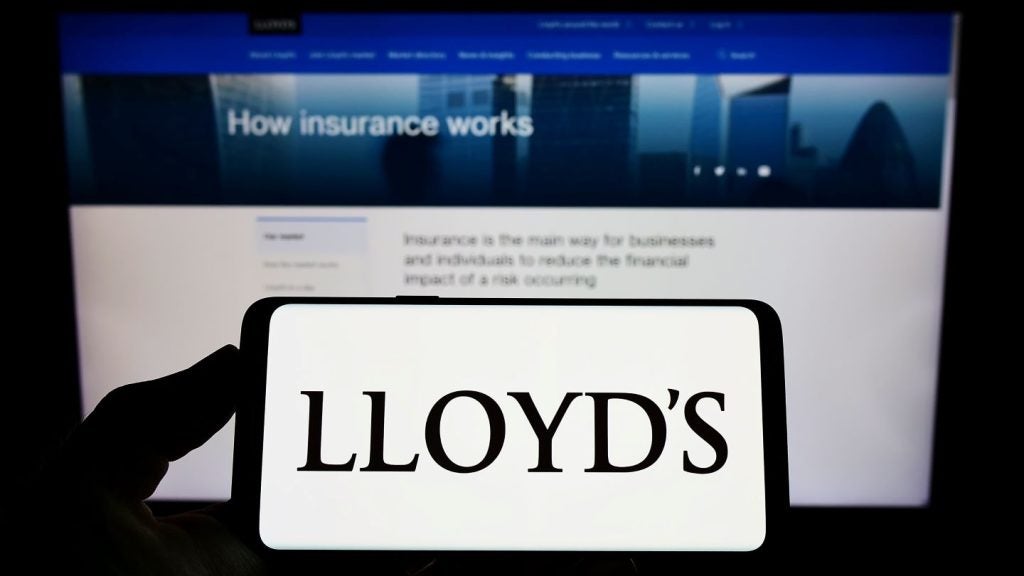
Insurance intermediary and risk adviser Marsh has rolled out a port blockage insurance solution to cover shipping ports and terminals.
Created by Marsh, a unit of Marsh McLennan, the facility was developed in response to the collapse of the Francis Scott Key Bridge and the ensuing disruptions at the Port of Baltimore.
It can be purchased as standalone coverage or as an additional supplement to existing insurance.
Available to Marsh clients worldwide, this coverage is tailored to protect against revenue loss due to third-party accidents.
It includes scenarios such as a vessel sinking in a channel, vessel collisions leading to waterway closures, or natural disasters.
The facility is supported by a panel of A+ rated insurers from Lloyd’s of London and the London market, offering coverage up to $50m, with the possibility of higher limits.
Marsh said port blockages are increasingly troubling for maritime businesses, causing major disruptions to global supply chains and revenue losses.
The policy’s wording can be tailored to address the unique needs of each customer, allowing for coverage that aligns with specific risk exposures and operational requirements.
Marsh Specialty CEO of UK Marine Louise Nevill said: “Port blockages around the world are increasing with frequency and severity, and are resulting in debilitating consequences for businesses involved in international trade.
“As global trade continues to expand, this new facility offers clients a rapidly available layer of insurance cover to protect operations and recovery in the event of port and terminal disruptions.”
Last week, Marsh introduced an insurance solution, designed specifically for the global transportation and storage of CO₂.
The global solution, developed by Marsh’s Energy & Power team and underwritten by Canopius, seeks to overcome insurance challenges that have hindered the growth of the carbon capture and storage sector.







